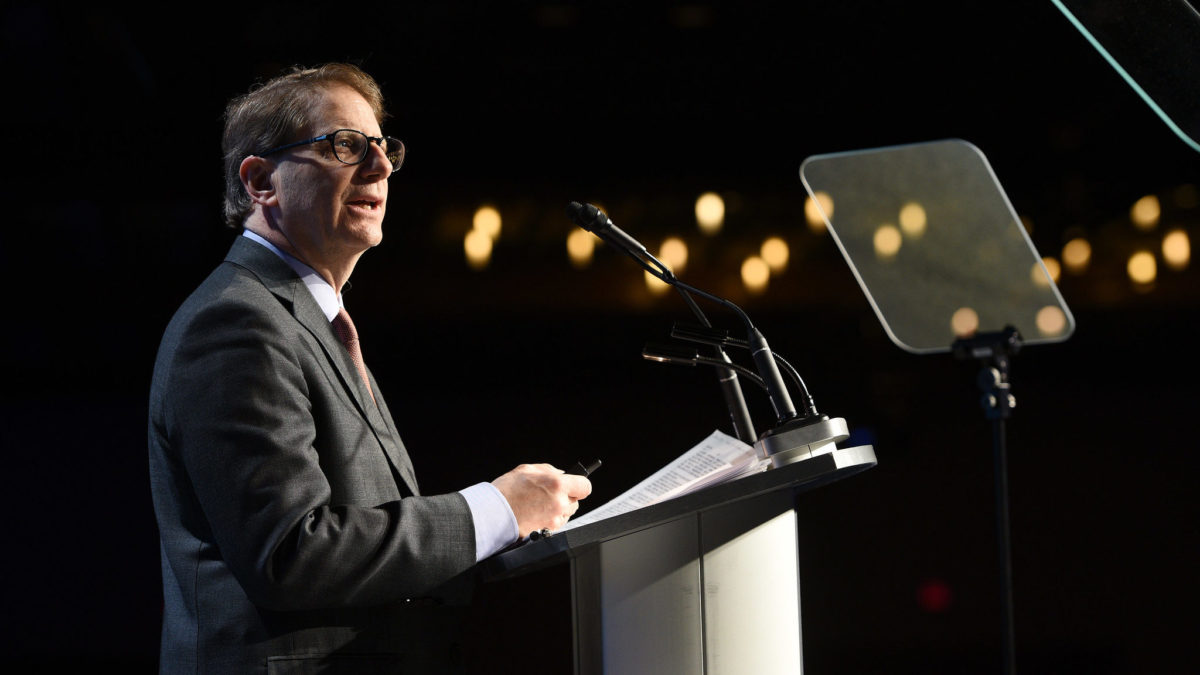
Science Disinformation in a Time of Pandemic
Click Here to Watch the Webinar

Panel Discussion of the Science Disinformation in a Time of Pandemic Expert Roundtable
Featuring: Christopher Dornan, Dr. Samantha Hill, André Picard and Linda Solomon Wood
___________________________________________________________________
On June 11th 2020, The Public Policy Forum convened over 40 experts to discuss the report Science Disinformation in a Time of Pandemic. The event began with a panel discussion, which you can view as the webinar above. Expert participants were then broken into smaller groups to discuss both the report and science disinformation more generally. You can read the summary below.
Event Recap Expert Roundtable on Science Disinformation in a Time of Pandemic
Resume de l’evenment Table ronde d’experts sur la Désinformation en science dans le contexte de la COVID-19
___________________________________________________________________
The advent of social media has conferred on the public a freedom of expression and virtual assembly that has transformed contemporary society. In doing so, the 21st century media environment has also given licence to information extremism and disinformation of all stripes, from the comical to the venomous. Here, Christopher Dornan examines a specific species of information disorder: content that adopts the mannerisms of science in order to advocate anti-science.
Science disinformation, he argues, is an especially worrying genre of falsity because it amounts to an attack on rationality, and therefore on the underpinnings of informed public policy and good governance. The COVID-19 pandemic provides a case study to examine specific instances of science disinformation, how these spread, and the dangers they pose to the public good.
The paper argues that science has long been poorly understood by the greater public, but while a fascination with pseudoscience predates the rise of social media, the algorithms of the new media environment reward ever more outrageous content.
The paper parses different types of COVID-19 disinformation with a view to the damage these can cause. It considers the responsibilities of the traditional news media and the social media platforms in a moment of crisis. When does publishing contrarian views move from helpful fair comment to public endangerment? Scepticism of science was already building before the pandemic, but recently appears to have taken on a political inflection. On climate change, vaccination and COVID-19, some on the right seem perfectly ready to dismiss the scientific consensus when it conflicts with their political values.
Addressing this, the paper concludes, will require: (1) redoubled engagement with the social media companies to press them on their public responsibilities; (2) greater understanding of why science scepticism seems to be aligning with the political right; (3) a more sophisticated understanding of how science disinformation uses social media channels to its advantage; and (4) commitment to a robust and permanent public education campaign so as to counter the social harms of science disinformation.









